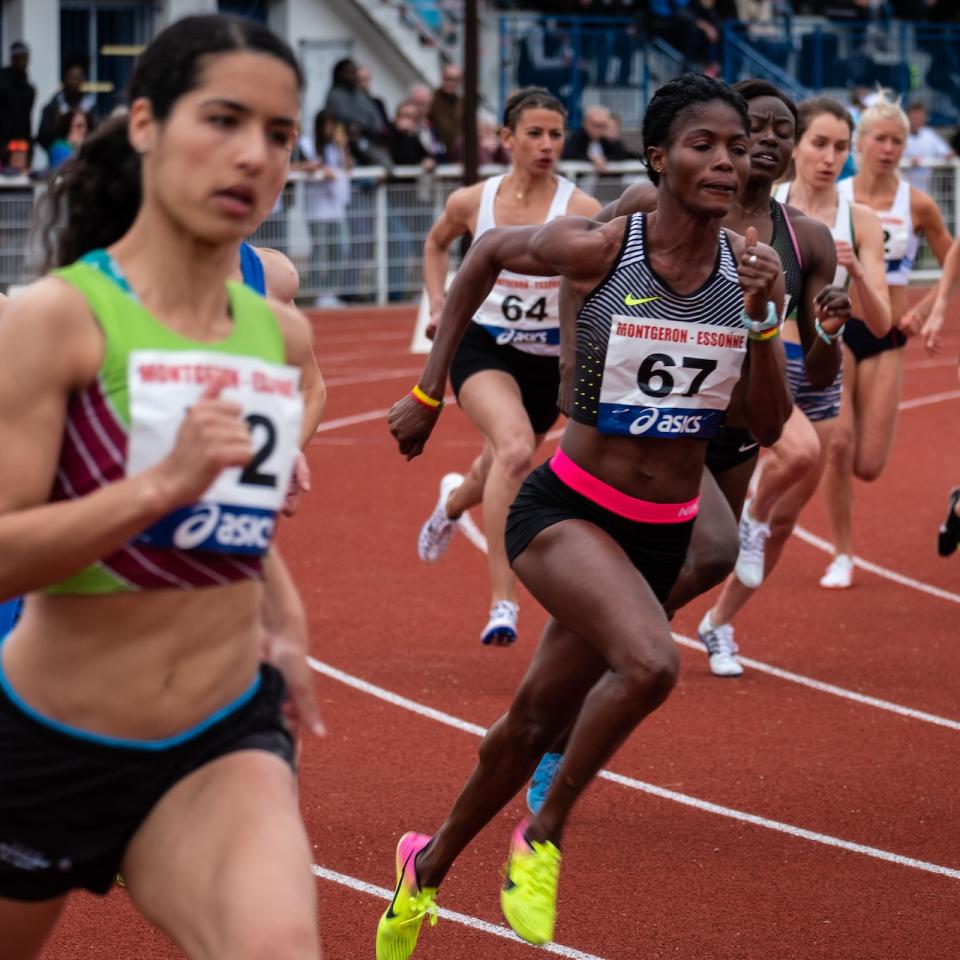
What makes a super-elite athlete?
Research by Bangor University has improved our understanding of how sporting talent develops, leading to enhancements of national talent development programmes.
Why does one elite athlete win gold medal after gold medal while others, seemingly equal in talent and opportunity, fail to do as well?
UK Sport - the government agency responsible for investing in Olympic and Paralympic sport in the United Kingdom - commissioned a research team, led by Bangor University, to look into the differences between serial-medalling super-elite athletes and their elite teammates.
The research team from Bangor worked on the Great British Medallists (GBM) project with Cardiff Metropolitan University and the University of Exeter. They compared the lives of 32 former GB Olympians who matched on sport, sex, discipline, and era. The group was made up of:
- 16 super-elite athletes who were multiple gold medallists at more than one Olympic Games or world championship
- 16 elite athletes who had won medals but not at a major championship.
The research team interviewed the athletes about all aspects of their development and career. They also interviewed the athletes’ coaches and parents.
A new understanding of sporting talent
The GBM project resulted in a new understanding of what sporting talent is and how it develops.
Researchers found that super-elite athletes are more likely than elite athletes to have:
- experienced a significant negative life event during their development years
- been ruthless and uncompromising in the pursuit of their sporting career
- come back from a severe performance setback during adulthood
- experienced a significant career turning point that increased their determination to excel
- continued to improve their performance during adulthood.
The team shared their findings through 10 workshops across the UK for heads of sport, performance directors, programme coaches and pathway managers. The workshops informed an expert advisory panel who developed a strategy for UK Sport to implement and disseminate the study results.
Ten pilot projects were also run with individual national governing bodies and other special interest groups.
Enhancing talent development programmes
The project highlighted the importance of athlete mental health. It led to the appointment of Changing Minds (a company of clinical psychologists) to help national governing bodies better support athletes’ mental well-being.
As a result of the research findings, UK Sport made changes to athlete development, and all 42 of UK Sport’s national governing bodies enhanced their talent development programmes.
Sport-specific versions of the project have also been completed for the England and Wales Cricket Board, Rugby Football Union and British Triathlon.
“The project contributed to UK Sport’s global reputation as the world leader in Olympic and Paralympic sport and talent development.” Former Director of Performance at UK Sport
Research team
Professor Lew Hardy, Dr Matt Barlow and Professor Tim Woodman – Bangor University
Research partners
UK Sport, Cardiff Metropolitan University, University of Exeter
